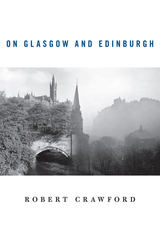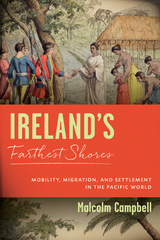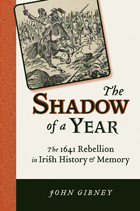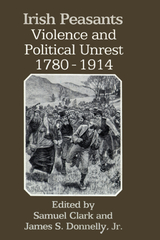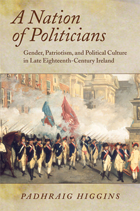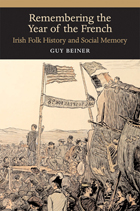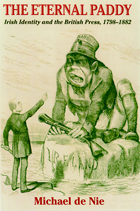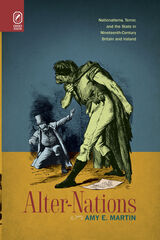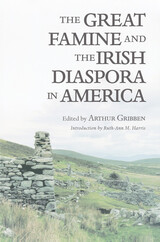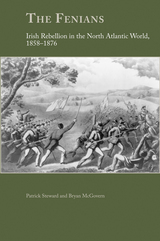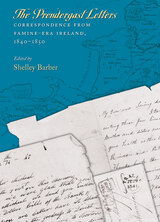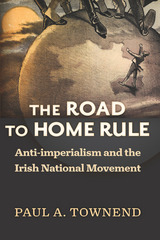The Shadow of a Year: The 1641 Rebellion in Irish History and Memory
University of Wisconsin Press, 2013
eISBN: 978-0-299-28953-9 | Paper: 978-0-299-28954-6
Library of Congress Classification DA943.G42 2013
Dewey Decimal Classification 941.506
eISBN: 978-0-299-28953-9 | Paper: 978-0-299-28954-6
Library of Congress Classification DA943.G42 2013
Dewey Decimal Classification 941.506
ABOUT THIS BOOK | AUTHOR BIOGRAPHY | REVIEWS | TOC | REQUEST ACCESSIBLE FILE
ABOUT THIS BOOK
In October 1641 a rebellion broke out in Ireland. Dispossessed Irish Catholics rose up against British Protestant settlers whom they held responsible for their plight. This uprising, the first significant sectarian rebellion in Irish history, gave rise to a decade of war that would culminate in the brutal re-conquest of Ireland by Oliver Cromwell. It also set in motion one of the most enduring and acrimonious debates in Irish history.
Was the 1641 rebellion a justified response to dispossession and repression? Or was it an unprovoked attempt at sectarian genocide? John Gibney comprehensively examines three centuries of this debate. The struggle to establish and interpret the facts of the past was also a struggle over the present: if Protestants had been slaughtered by vicious Catholics, this provided an ideal justification for maintaining Protestant privilege. If, on the other hand, Protestant propaganda had inflated a few deaths into a vast and brutal “massacre,” this justification was groundless.
Gibney shows how politicians, historians, and polemicists have represented (and misrepresented) 1641 over the centuries, making a sectarian understanding of Irish history the dominant paradigm in the consciousness of the Irish Protestant and Catholic communities alike.
Was the 1641 rebellion a justified response to dispossession and repression? Or was it an unprovoked attempt at sectarian genocide? John Gibney comprehensively examines three centuries of this debate. The struggle to establish and interpret the facts of the past was also a struggle over the present: if Protestants had been slaughtered by vicious Catholics, this provided an ideal justification for maintaining Protestant privilege. If, on the other hand, Protestant propaganda had inflated a few deaths into a vast and brutal “massacre,” this justification was groundless.
Gibney shows how politicians, historians, and polemicists have represented (and misrepresented) 1641 over the centuries, making a sectarian understanding of Irish history the dominant paradigm in the consciousness of the Irish Protestant and Catholic communities alike.
See other books on: 17th Century | Ireland | Nationalism & Patriotism | Shadow | Year
See other titles from University of Wisconsin Press




